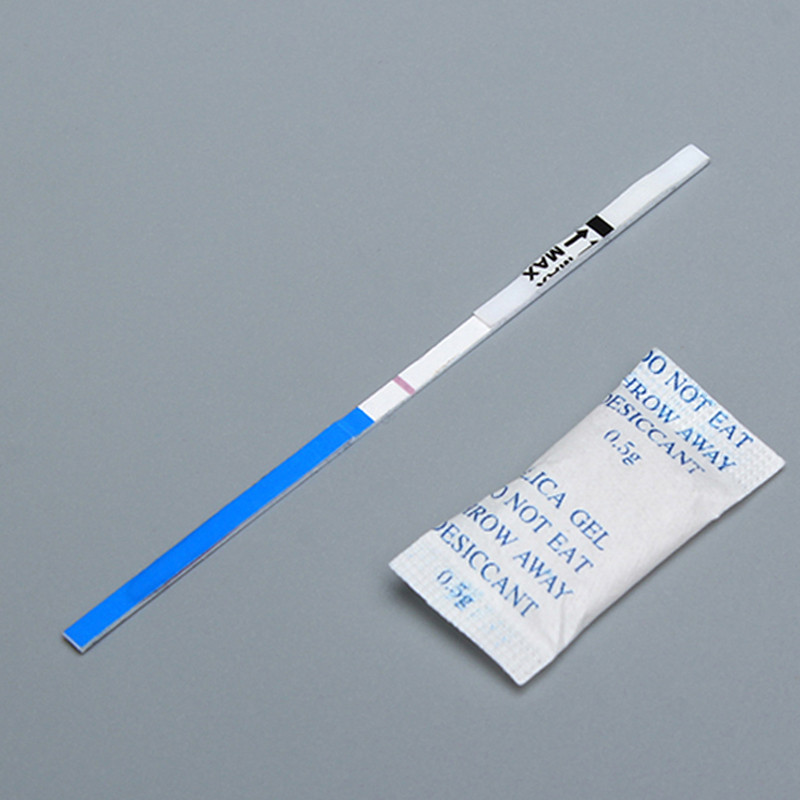Nov . 21, 2024 00:27 Back to list
hiv aids test
Understanding HIV/AIDS Testing Why It Matters
HIV (Human Immunodeficiency Virus) and AIDS (Acquired Immunodeficiency Syndrome) remain significant global health challenges. Despite advancements in medical science, awareness about the importance of testing for HIV/AIDS is still crucial. Regular testing not only helps in early diagnosis but also in preventing the virus's spread.
The Importance of HIV Testing
HIV testing is the first step in understanding one’s health status regarding the virus. According to the World Health Organization (WHO), an estimated 38 million people are living with HIV, and nearly 14 million of them are unaware of their infection. This lack of awareness can lead to late-stage diagnosis, where treatment alternatives become limited and the risk of transmitting the virus to others increases.
Early detection of HIV allows individuals to start antiretroviral therapy (ART) much sooner, which can keep the immune system strong. This therapy can help people live long, healthy lives and dramatically reduce the likelihood of transmitting the virus to others. Furthermore, those who are aware of their status can take proactive measures to protect their partners, such as encouraging the use of condoms and discussing their health openly.
Types of HIV Tests
There are several types of HIV tests available, which can be broadly categorized into three groups antibody tests, antigen/antibody tests, and nucleic acid tests (NAT).
1. Antibody Tests These tests look for antibodies that the body produces in response to HIV. They are usually performed on blood or oral fluid samples. While the results are typically available within a few hours, it may take 3 to 12 weeks for antibodies to develop.
2. Antigen/Antibody Tests These tests can detect both antibodies and antigens. Antigens are substances that stimulate the immune system and can be detected earlier than antibodies—usually within 2 to 6 weeks after exposure.
hiv aids test

3. Nucleic Acid Tests (NAT) This more advanced and expensive test detects HIV itself in the blood and can identify the virus within 10 to 33 days after infection. NATs are generally used for high-risk cases or individuals who may have recently been exposed to HIV.
Where to Get Tested
HIV testing is widely accessible across many healthcare settings, including hospitals, clinics, and specialized testing centers. Many community-based organizations also offer free or low-cost testing. Additionally, at-home testing kits are available, offering privacy and convenience for those who may feel uncomfortable getting tested in traditional settings. Regardless of the method chosen, it’s essential that anyone who is sexually active and at risk considers getting tested regularly.
Addressing Stigma and Myths
One of the greatest barriers to HIV testing is the stigma associated with the virus. Many people fear discrimination or negative judgment from peers and family, which prevents them from seeking testing. Education plays a vital role in dismantling these myths and misconceptions surrounding HIV/AIDS. Programs that promote awareness and provide accurate information can help people understand that being tested is a responsible action rather than something to be ashamed of.
Additionally, the advent of effective treatments such as pre-exposure prophylaxis (PrEP) has reduced the fear of contracting HIV. PrEP is a daily pill that can significantly decrease the risk of infection when taken consistently. It also emphasizes the need for regular testing to ensure its effectiveness.
Conclusion
In conclusion, HIV/AIDS testing is an essential component of public health that cannot be overlooked. The benefits of early detection and treatment are profound, not just for individuals but for the community as a whole. Promoting HIV testing, reducing stigma, and providing accurate information can lead to healthier lives and a decrease in the transmission of HIV. Embracing the notion of regular testing can empower individuals to take control of their health and contribute to a broader societal effort to combat HIV/AIDS.
-
Highly Accurate hCG Pregnancy Test Strips - 5 Min Results
NewsAug.02,2025
-
Premium Empty ABS Plastic Cassettes: Durable & Lightweight Storage
NewsAug.01,2025
-
Accurate Cocaine (Coc) Rapid Test Kit | Fast & Reliable Detection
NewsJul.31,2025
-
Accurate HCG Pregnancy Test Strips | Fast Home Use Kit
NewsJul.31,2025
-
Reliable Early Pregnancy Test Kit Supplier - Multi Plastic Cassette Options
NewsJul.30,2025
-
Transferrin Rapid Test Cassette – Reliable Tumor Marker Detection
NewsJul.29,2025

